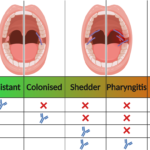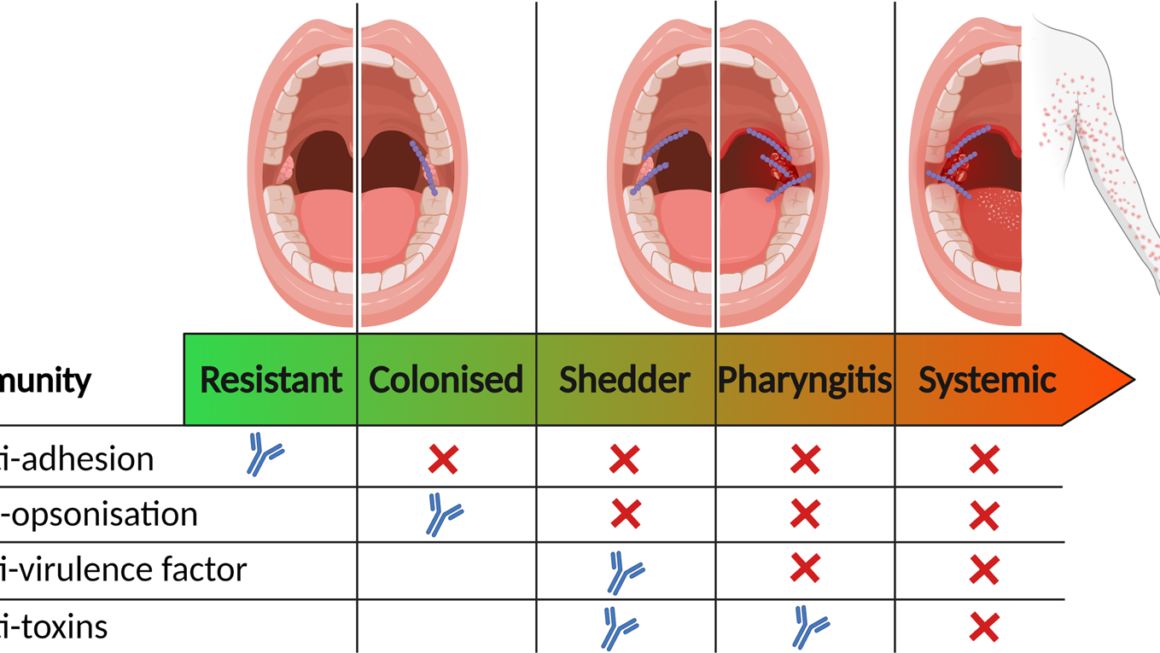Queasy to Critical: When Morning Sickness Becomes Hyperemesis Gravidarum
Pregnancy is a time of immense joy and anticipation, but for many women, it can also bring unwelcome side effects like nausea and vomiting. While commonly referred to as “morning sickness,” this unpleasantness can strike at any time of day and, in severe cases, escalate into a concerning condition called hyperemesis gravidarum. Let’s navigate the spectrum of pregnancy-related nausea and vomiting, exploring their differences and what to do if you’re feeling less than stellar.

Morning Sickness: A Common, Though Unpleasant, Guest
Nausea and vomiting during pregnancy are incredibly common, affecting up to 85% of women. This usually peaks between weeks 6 and 9, typically subsiding by the second trimester. While the term “morning sickness” is misleading, symptoms can occur at any time, triggered by various factors like hormonal changes, low blood sugar, and a heightened sense of smell. Luckily, for most women, morning sickness is mild and manageable with dietary adjustments, small frequent meals, and ginger-based remedies.

Beyond Sickness: When Vomiting Takes Control
For some women, the nausea and vomiting unfortunately don’t fade with the first trimester. They may experience persistent, severe vomiting episodes throughout pregnancy, leading to dehydration, weight loss, and electrolyte imbalances. This condition, known as hyperemesis gravidarum (HG), affects around 3% of pregnant women and requires medical attention.
Recognizing the Red Flags of HG:
Here are some signs that your nausea and vomiting may be indicative of HG:
- Excessive vomiting: Vomiting more than 3-5 times a day, even without food intake.
- Weight loss: Losing more than 5% of pre-pregnancy weight within a short period.
- Dehydration: Dehydration symptoms like dark-colored urine, excessive thirst, fatigue, and dizziness.
- Inability to keep fluids down: Difficulty even keeping water or clear liquids down.

Treating HG: Don’t Go Solo
If you suspect you have HG, seeking immediate medical attention is crucial. Treatment options for HG may include:
- Anti-emetic medications: To control nausea and vomiting.
- Intravenous (IV) fluids: To address dehydration and electrolyte imbalances.
- Nutritional support: Providing essential nutrients through IV or feeding tubes.
- Hospitalization: In severe cases, hospitalization may be necessary for closer monitoring and intensive care.

Remember, You’re Not Alone
Pregnancy-related nausea and vomiting can be isolating and emotionally draining. It’s important to remember that you’re not alone and seeking support is key. Talk to your doctor, connect with other pregnant women through support groups, and prioritize self-care during this challenging time.










